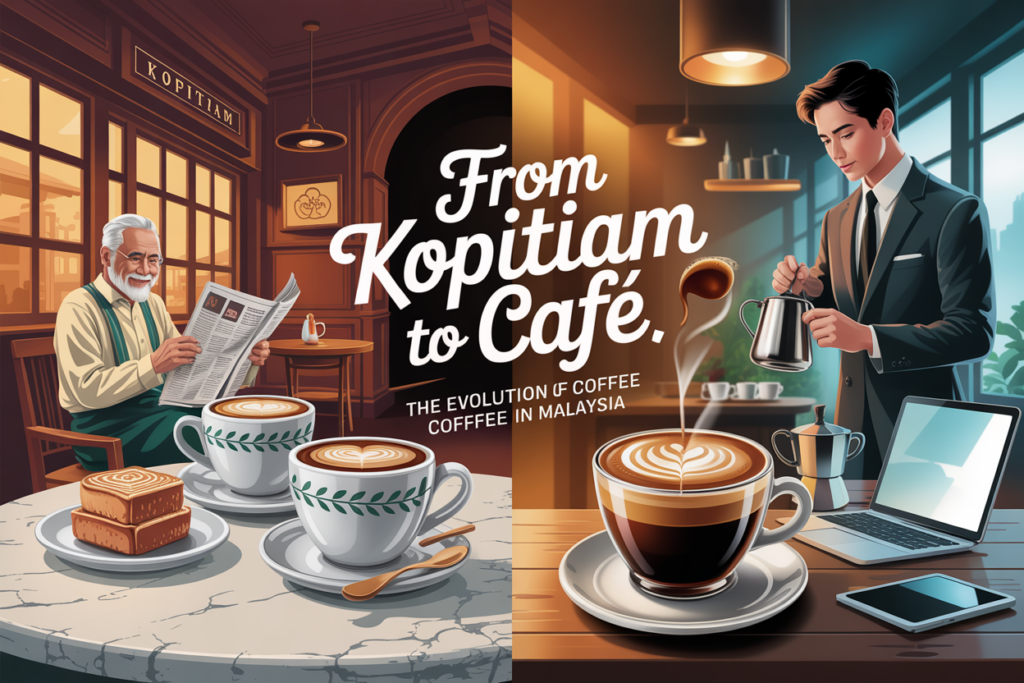
The Humble Beginnings: Kopitiam as the Foundation of Malaysian Coffee Culture
The story of Malaysian coffee culture begins with the kopitiam a term derived from the Hokkien word “kopi” meaning coffee and “tiam” meaning shop. These traditional coffee shops date back to the early 20th century and are deeply embedded in Malaysia’s multicultural heritage. Established primarily by Chinese immigrants, kopitiams served as affordable social hubs where locals would gather over cups of strong, roasted Robusta coffee, typically brewed with a cloth sock filter and served with condensed milk.
Kopitiams were more than just eateries; they were community centers, where conversations flowed as freely as the coffee. From retirees reading newspapers to business owners conducting casual meetings, these establishments became synonymous with daily life. Their menu was simple yet iconic kaya toast, soft-boiled eggs, and nasi lemak were staples that complemented the dark, fragrant coffee.
Unique Brewing Techniques and Flavors of Traditional Malaysian Coffee
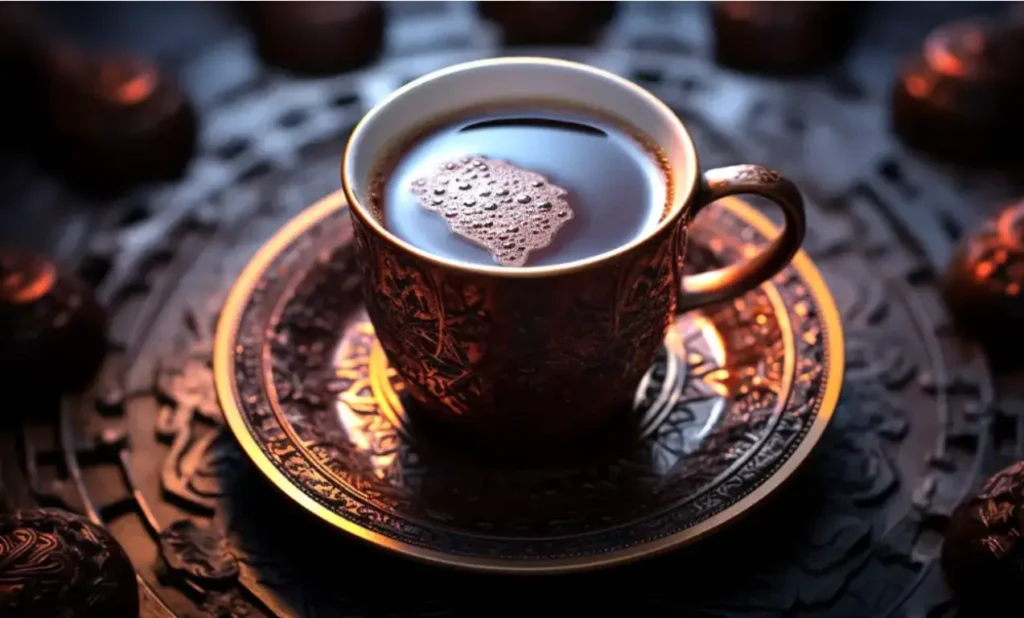
What distinguishes kopitiam coffee is its unique brewing process. Beans are roasted with margarine and sugar, giving the coffee a caramelized, smoky flavor that is both bold and comforting. This method, combined with the use of sweetened condensed milk, results in the beloved kopi peng (iced coffee) or kopi o (black coffee) that remains a Malaysian staple.
In addition, the service at a kopitiam is part of the charm. Orders are often shouted to the kitchen, and drinks arrive quickly in classic ceramic cups with green floral patterns a nostalgic touch that links generations of Malaysians to their cultural roots.
Transition Period: Influence of Global Coffee Chains and Urbanization

With urban development and globalization, the coffee scene in Malaysia began to shift in the late 1990s and early 2000s. The entrance of international coffeehouse chains such as Starbucks, Coffee Bean & Tea Leaf, and Gloria Jean’s introduced Malaysians to a completely new coffee experience. These modern cafés offered a wider variety of beverages, such as cappuccinos, lattes, and frappuccinos, with customizable options and Western-style pastries.
This transition marked a cultural evolution in how coffee was consumed. Coffee was no longer just a morning staple but a lifestyle product. Cafés became places for digital nomads, students, and entrepreneurs, drawn by free Wi-Fi, comfortable seating, and ambient music. The café experience became as important as the beverage itself.
The Rise of Third-Wave Coffee in Malaysia
In recent years, third-wave coffee has taken Malaysia by storm, emphasizing artisan brewing, single-origin beans, and barista craftsmanship. This movement views coffee as a specialty product, much like wine, with a focus on origin, roasting technique, and brewing method.
Independent cafés and roasteries in cities like Kuala Lumpur, Penang, and Johor Bahru now offer an elevated coffee experience. From V60 pour-overs to cold brews and aeropress coffees, Malaysians are being introduced to the complexity and variety of high-quality coffee.
Cafés such as Pulp by Papa Palheta, Bean Brothers, and The Alley have become industry pioneers, bringing transparency to sourcing and educating consumers about the nuances of coffee flavor profiles. These establishments not only serve coffee but also host cupping sessions, workshops, and barista competitions, creating a robust coffee community that continues to grow.
Malaysian Millennials and the Coffee Lifestyle
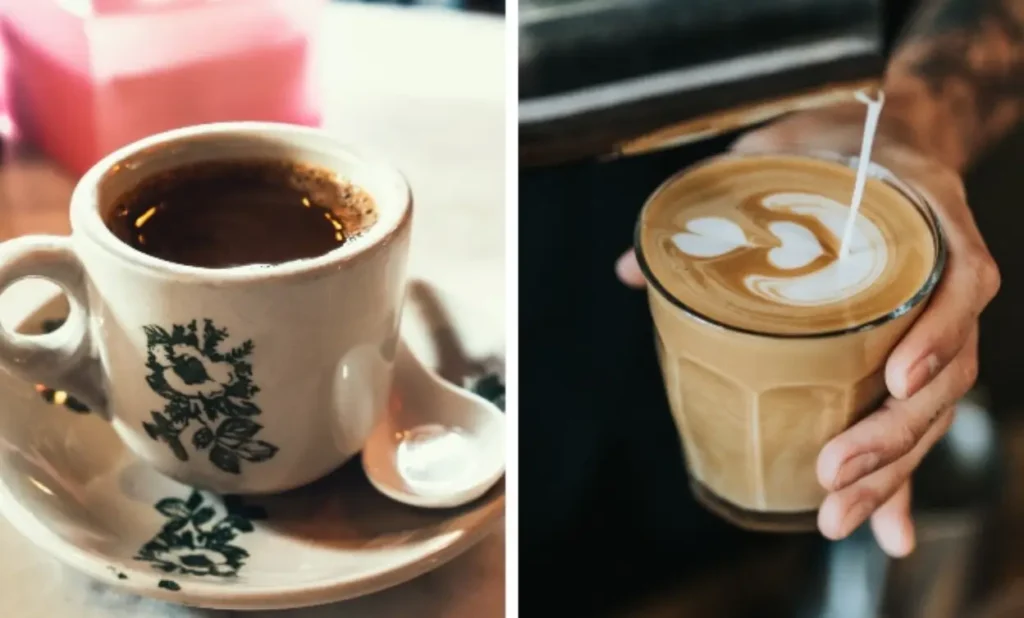
The new wave of coffee culture in Malaysia is largely driven by millennials and Gen Z, who value both quality and aesthetics. For this demographic, coffee is part of a broader lifestyle that includes Instagram-worthy café interiors, latte art, and a sustainable, conscious approach to consumption.
These younger consumers seek more than just caffeine; they crave experiences, stories, and values behind the cup. This has led to the popularity of specialty cafés with thematic interiors from minimalist Japanese-inspired spaces to tropical plant-filled hideaways. Coffee is often paired with artisanal pastries, brunch-style meals, and plant-based options, reflecting contemporary global food trends.
The Local Artisans Behind the Beans
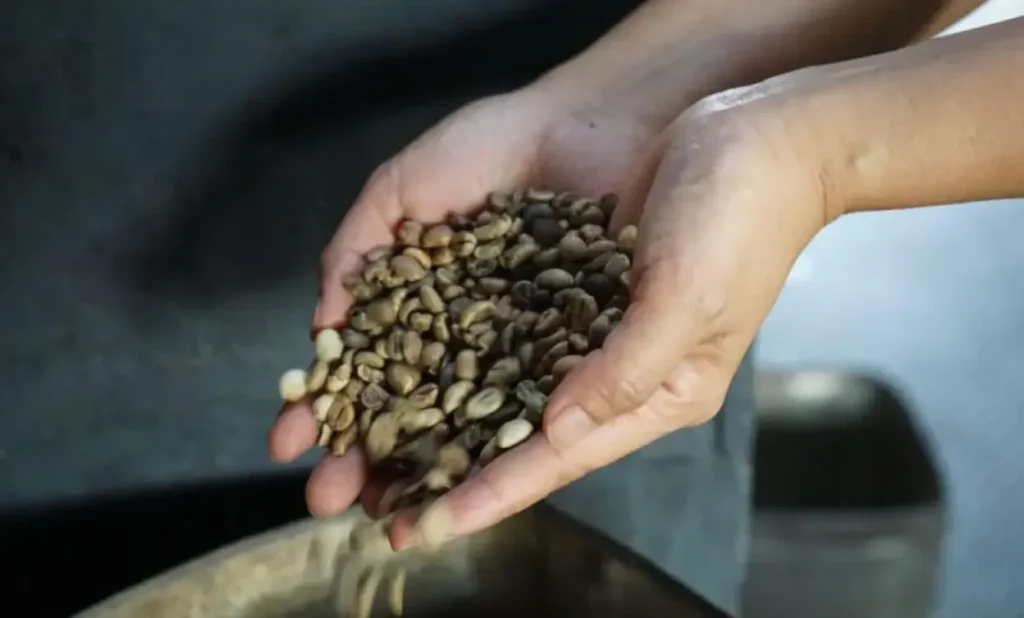
An often-overlooked aspect of Malaysia’s evolving coffee culture is the rise of local coffee bean growers and micro-roasters. While Malaysia has traditionally imported most of its coffee, regions such as Sabah and Sarawak have emerged as budding coffee-producing areas. Indigenous farmers are cultivating Liberica and Arabica beans, helping to build a sustainable, homegrown coffee economy.
Brands like Cloud Catcher, Ghostbird Coffee, and Artisan Roast have championed the use of locally sourced beans, highlighting the potential of Malaysian terroir. These efforts are not just about coffee they’re about preserving biodiversity, supporting rural livelihoods, and elevating Malaysia’s presence in the global coffee industry.
Technology and Innovation in the Modern Malaysian Coffee Scene
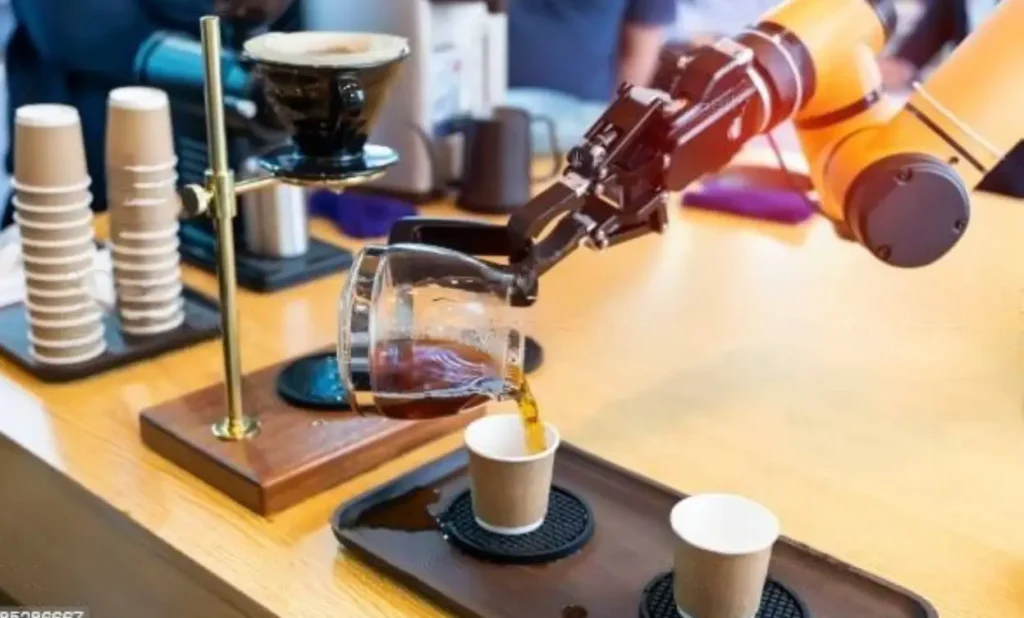
Innovation is also shaping the coffee experience in Malaysia. The use of coffee subscription services, smart brewing machines, and mobile café trucks is redefining how Malaysians access and enjoy coffee. Apps now allow customers to pre-order, earn loyalty points, and explore brewing guides at their fingertips.
Home brewing has seen a significant uptick as well. With the pandemic prompting many to stay indoors, a surge in demand for home espresso machines, grinders, and brewing kits has empowered enthusiasts to explore coffee craftsmanship from the comfort of their homes.
Preserving Tradition While Embracing Modernity
Despite the surge of modern cafés and specialty roasters, kopitiams have not faded into obscurity. Instead, there’s a revival of interest in these nostalgic spots. Entrepreneurs are blending the old with the new, opening modern kopitiams that maintain traditional menus while updating their ambiance and branding to appeal to younger audiences.
This harmonious coexistence of old and new defines Malaysia’s unique coffee culture. It is not a matter of replacing the past, but rather, evolving it. Kopitiams remind us of our roots, while cafés point toward the future together, they form a comprehensive narrative of coffee in Malaysia.
A Nation United by Coffee
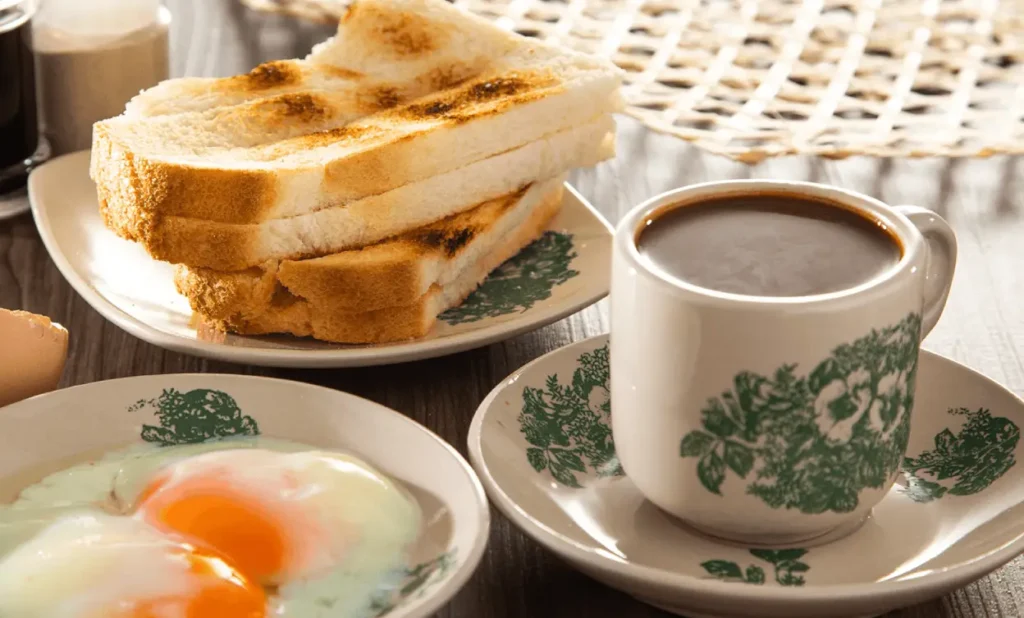
Malaysia’s coffee culture has grown from humble beginnings to a sophisticated, layered landscape that reflects its people’s diverse tastes, values, and aspirations. From smoky kopi in a bustling kopitiam to a meticulously brewed flat white in a glass-walled café, the Malaysian coffee experience is both richly traditional and excitingly modern.
As the culture continues to grow, what remains constant is our collective love for coffee—a drink that connects us across time, class, and culture.
